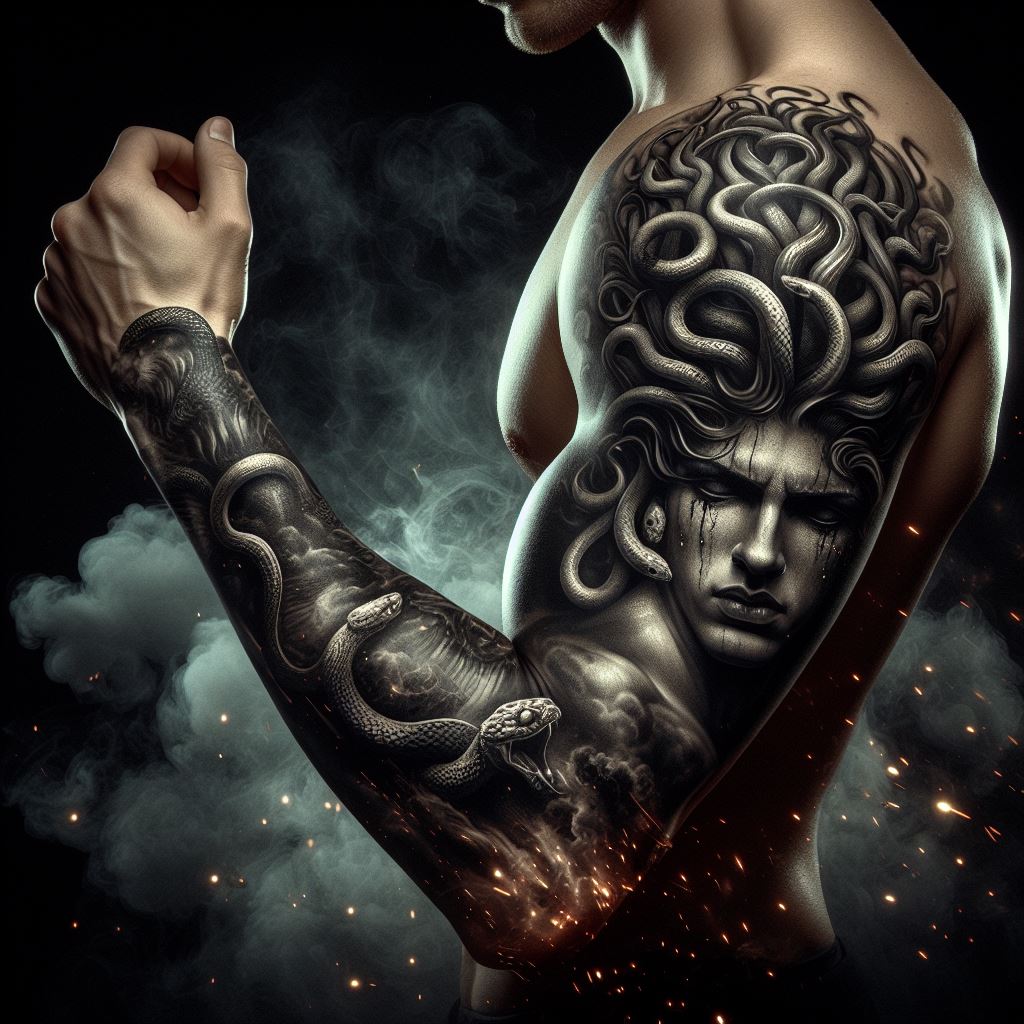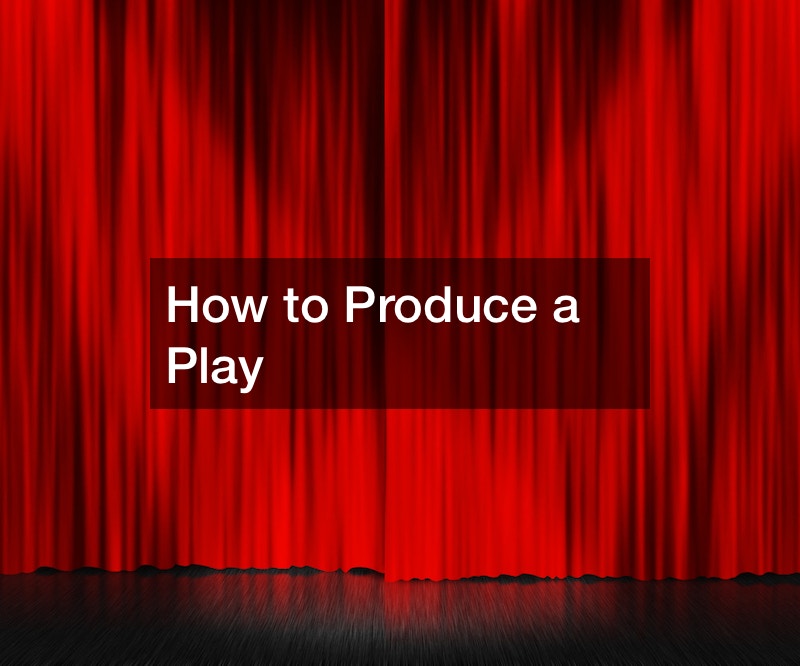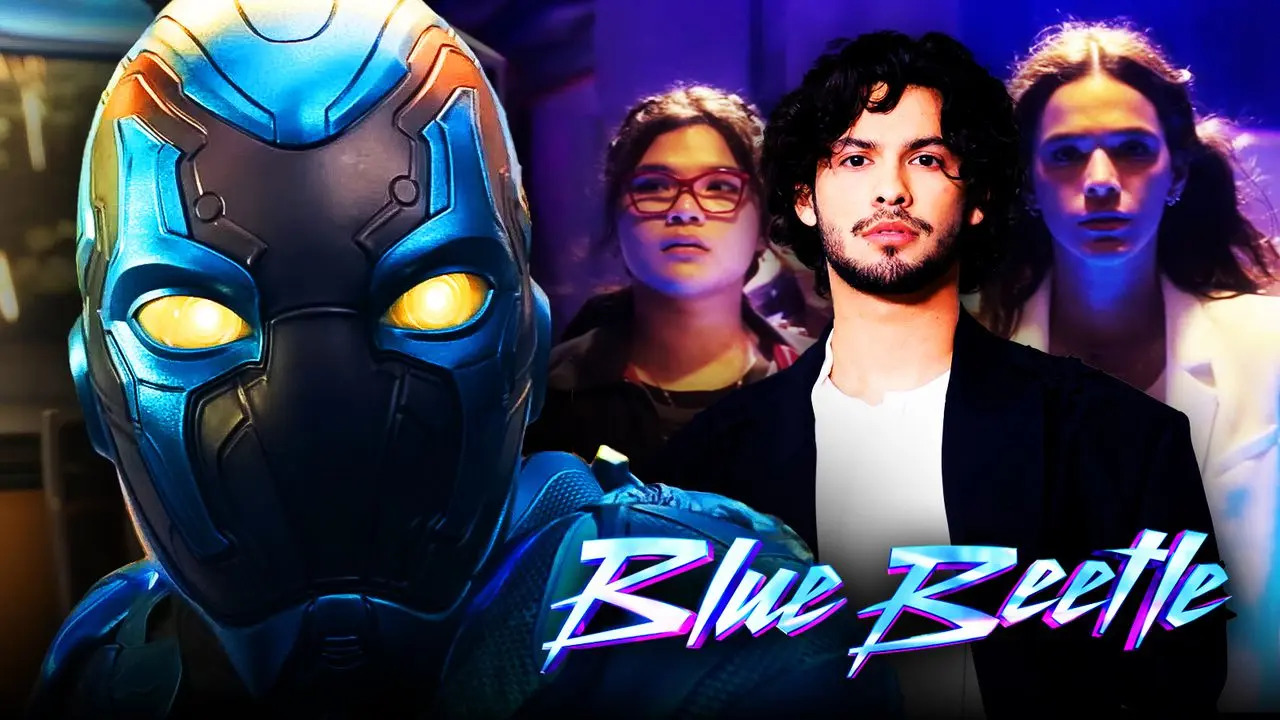The best love stories in film and literature often (if not always) involves a second lead, aka the third character involved in the love triangle. In the “Twilight” saga universe, Jacob Black is the famous/infamous second lead.
We write famous/infamous because fans of the film and the books have conflicting opinions on Twilight’s resident werewolf. Jacob started as a slightly insignificant character in “Twilight.” He was Bella Swan’s childhood friend who filled her in on Quileute legends regarding vampires, which gave her an idea on Edward Cullen’s secret.

Come “New Moon,” Jacob Black embraces a bigger role as he becomes Bella’s constant companion after Edward’s absence. Plus, he started phasing as a wolf, which meant he walked around shirtless most of the time (a gift for the fans of the movies). New Moon also marked his role as the second lead as he started falling for Bella and expressing his rage at Edward for being a vampire and being in love with Bella too.
As Jacob’s role in Twilight grew, the more diverse opinions on him became. Many fans fell in love with him and quickly joined the Team Jacob train. On the other side of the spectrum, anti-Jacob fans expressed how chaotic the character had become, especially during “Eclipse” and “Breaking Dawn” (the Renesmee Carlie Cullen of it all is not helping his image).
With the release of “Midnight Sun” in August 2020, fans are anticipating author Stephenie Meyer to release more books in the “Twilight” universe, which she confirmed in an interview with USA Today. Meyer expressed her desire to write two more books and said should she release another “Twilight” novel, it wouldn’t be Edward-centric. So Jacob Black could be the next scene-stealer.
But as mentioned, fans are torn whether they like or dislike the shape-shifter. Should Jacob’s story get another Twilight book or was he better off not existing in the first place?
Whether you want to re-read the books or watch the Twilight movies in order, here’s some insight on everyone’s favorite werewolf.
The Jacob Complex: Chaotic Writing or Intentionally Chaotic Character?

Like every conventional second lead, Jacob Black was meant to fight Edward for Bella’s affection, despite the readers knowing that the ‘bloodsucker’ is Bella’s endgame. It was natural for him to hate Edward and to find ways to make Bella choose him. But his second lead game was a bit chaotic, which may be one of the reasons fans dislike him.
Oblivious or Ignorant About the Obvious?
It’s painfully obvious throughout the “Twilight” series that Bella will choose Edward over Jacob. Despite her declaration of love for Jacob in Eclipse, she still chose Edward. The case for Bella choosing Jacob is that he would have been the healthier partner for her, but Edward is Bella’s dose of heroin.
Frankly, Bella only spends time with Jacob when Edward is gone. He’s her backup plan. Despite the obvious preference for Edward, Jacob continues to insist that HE should be the one for her. As a result, Jacob comes off as a whiny and angsty teenage boy who throws tantrums because his crush doesn’t like him back.
Technically, Jacob is a teenager. He is sixteen years old in the series and will stay sixteen as long as he keeps phasing. So, his reactions are natural and exaggerated at the same time. Natural, because he’s hurt over Bella, he’s bound to be sarcastic and annoyed at Edward. Exaggerated, because Jacob is always possessive, even when Bella has blatantly rejected him.
Then there’s him using the treaty between the Cullens and Quileutes in his personal interests. Granted, Edward is manipulative, always stalking Bella and controlling the people she interacts with. Jacob doesn’t redeem himself much since he uses threats to keep Bella. In the epilogue of New Moon, he reminds Edward of their treaty to keep the latter from turning Bella into a vampire. If the Cullens bite Bella, there would be war.
Disregarding Consent
Jacob disregards Bella’s decision to become a vampire. Sure, the treaty justifies his reasons for the Cullens not to turn Bella, but the readers know that Jacob does it for his interest, which is to keep Bella human.
Speaking of disregarding Bella’s decision, he doesn’t value what she thinks. One of the biggest Jacob Black red flags is his disregard for Bella’s boundaries and comfort. Like Edward, he’s always trying to make decisions for her. If her decisions weren’t aligned with his, he calls them “stupid.”
By the time the events of Eclipse roll around, it becomes painfully obvious that he wants Bella to see things his way — even if he has to force himself unto her. The epitome of this tirade is when he kissed her against her will during the third book. It may have been his last-ditch effort to make her turn to him, which is absurd since she’s already in love with Edward and is willing to become a vampire for him.
“But didn’t it somehow work?” some fans may ask, pointing out that Bella eventually admitted that she loved Jacob, too. This is where questionable writing comes in. In reality, it’s rare for a girl forced against her will to reciprocate the attacker’s intentions. Despite Jacob always forcing himself on her, Bella somehow found this romantic and decided that she loved Jacob, but not as much as Edward.
The Unpleasant Type of Angsty
As if threatening violence and war wasn’t enough, Jacob added a sinister threat to Bella during “Eclipse.” To protect Bella from Victoria and her army of newborn vampires, the Cullens and the Quileute pack strike a temporary truce to ensure her safety. Even Jacob and Edward have to set aside their differences and camp together with Bella to keep her from harm’s way.
During their little camping trip, Jacob overhears Edward and Bella discussing their plans to marry. As expected, he gets mad. Bella had to get Edward to bring Jacob to him so they can talk about it alone. Instead of listening to Bella, Jacob escalates things by threatening to die in battle if Bella doesn’t love him back. Bella, in her desperation, offers to kiss him if he promises to stay alive — which is a pathetic excuse for both sides (another example of bad writing).
So, Jacob and Bella kiss, which results in Bella realizing her love for Jacob. This, however, doesn’t negate the fact that Jacob manipulated her into kissing him.
Jacob’s character is a product of chaotic characterization. Meyer confirmed this when she defended the character against people who thought Jacob Black was too sinister or wicked. The backlash over the character was too intense, Meyer had to write an excerpt of Jacob’s point of view during “New Moon.” According to her, she failed to clarify Jacob’s intentions in her writing. He didn’t have a dark agenda; he was just a teenage boy who thought Bella would choose him over Edward, oblivious to how strong her bond with Edward was.
People were trying to understand Jacob from her point of view and accept the fact that Jacob is Twilight’s resident master of angst. Then, Breaking Dawn happened.
Imprinting on Renesmee Cullen: Questionable Resolution?

The middle part of “Breaking Dawn” saw Jacob struggle as he dealt with the fact that Bella was pregnant with Edward’s child. What’s worse was the unborn vampire child was slowly killing Bella. Jacob, in his determination to protect Bella from his ex-pack, was forced to stay with the Cullens, along with Seth and Lea Clearwater.
During his stay, Jacob longed to be rid of his love for Bella. In one chapter, he ended up driving Edward’s car to a public place as he desperately tried to imprint, aka a wolf’s ways of finding a soulmate. Once he imprints, he would immediately forget about Bella and direct all of his attention to the object of his imprinting.
Stephenie Meyer finally had mercy on Jacob’s soul when she wrote about him finally imprinting. But her decision to do so was both considered lazy and controversial.
Lazy writing because it seemed like the only way to cure Jacob of his obsession with Bella. He lacked emotional maturity and could not cope healthily with his struggles. But he deserved a happy ending. So the most convenient option would be to have him imprint.
Controversial because out of all the people he could imprint on, it had to be Renesmee Carlie Cullen, the daughter of Edward and Bella.
A few chapters before Jacob imprinted on Renesmee, Jacob was hanging out with Quill, his best friend who had imprinted on a child. This scene was probably written to ease readers in once they realize that Jacob had done the same thing to his best friend/former love’s daughter.
To be fair, Meyer did explain that imprinting isn’t a pedophilic act. Although imprinting meant that Jacob found his soulmate in Renesmee, he would be whatever she needed currently. So, since she was still a child, Jacob functioned as an older brother/protector to Renesmee. As she grows older, however, the bond may continue to change according to how Renesmee will perceive Jacob. Since they are expected to be joined to the hip, sexual and romantic feelings are bound to follow.
Fans are conflicted; what are they most bothered with: Jacob imprinting on a baby or Jacob imprinting on Bella’s baby?
The imprinting event is a Deus Ex Machina (an unexpected event that saves a hopeless situation), a slightly unnerving one. To make sure that Jacob gets a happy ending and stays in Bella’s circle, he conveniently imprinted on her daughter. As he said before a vampire Bella attacked him, Jacob was finally part of her family — something that she wanted before. Previously, Bella wanted her to be her brother. Now, she got him as a future son-in-law.
Saving Jacob Black: There is Some Good There
With all things written, is Jacob Black a bad character? Is there nothing redeemable about him?
All of the Twilight characters have issues; Jacob isn’t an exception. But that doesn’t mean the character is terrible 100 percent. He is a reflection of real people.
Jacob is the saying “Hurt people, hurt people” personified. For the first three books, he had been projecting his pain by picking a fight with Edward or forcing Bella to be his. Both are grossly unfair but in “Breaking Dawn,” his character comes around slowly. Despite his hatred for the Cullens, he learned to get along with them and accept their hospitality.
He eventually embraced his role as an Alpha, too. Initially, his fear of leading stopped him from claiming his birthright but his determination to save Bella’s life (and eventually, the Cullens’) enabled him to become the Alpha of another pack. This is growth for a character that is so used to running away from his problems.
With the Jacob and Renesmee thing, imprinting may have been the author’s Deus Ex Machina, but Jacob did seem like a hopeless situation. Granted, there may have been better ways to write his redemption arc or happy ending, but in Meyer’s opinion, she wanted him to be a part of Bella’s family by bonding him with Renesmee.
In “Breaking Dawn,” he’s no child predator; Edward would not have let him lived. Instead, he genuinely cares for the child with pure intentions. Jacob knows he may potentially fall for Renesmee in the future, but for now, he’s content with being her constant companion. In the film, he teases Edward a bit, asking if he should call him “Dad.” In the future, he’ll be with Renesmee and live for as long they can.
The concept of imprinting may involve the removal of one’s free will but in Jacob’s case, this is what he wanted anyway — to be free of the hurt. So, call it a necessary “evil.” Plus, he’s happier with Renesmee and their bond created a new treaty of peace between the Cullens and the Quileute pack.
Jacob Black, iconic as he is, will always be one of Twilight’s problematic characters. But his flaws remind readers that not everyone is perfect — not even in the world of the supernatural. For both vampires and werewolves, there is still room to grow.





